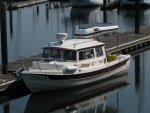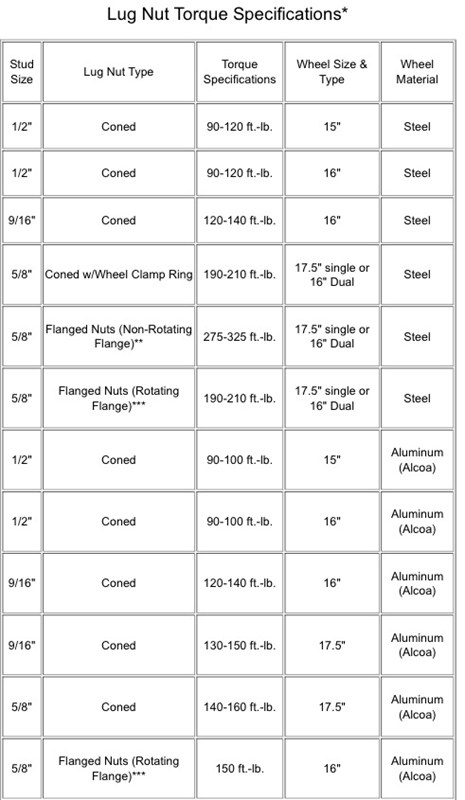Gene&Mary
New member
I just got my 2015 Ford F150 back from the shop, 25k service. They said the lug nuts on the rear tires were rusted so that it was difficult to get them off. It would have been a real bummer if I had a flat tire. They asked if I had a boat..........
They also said there was rust on the brake drums and the brake innards.
I always try to rinse the wheels and wheel wells but usually fresh water is not available where I launch at so its a while before I get to a place where it is available. I guess I'll buy one of those garden sprayers so I can rinse right away.
Any other thoughts or ideas?
Thanks
They also said there was rust on the brake drums and the brake innards.
I always try to rinse the wheels and wheel wells but usually fresh water is not available where I launch at so its a while before I get to a place where it is available. I guess I'll buy one of those garden sprayers so I can rinse right away.
Any other thoughts or ideas?
Thanks


